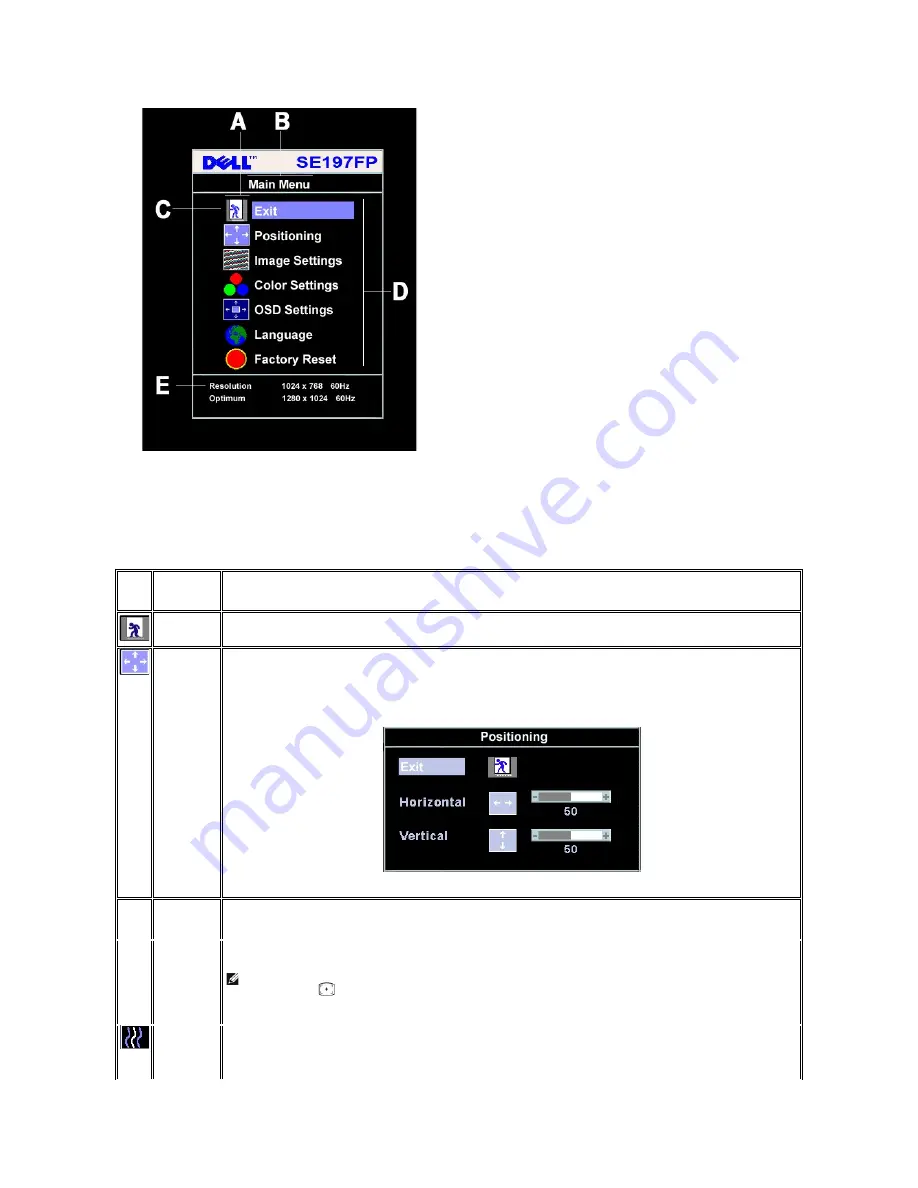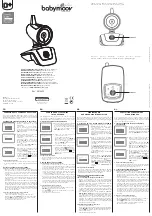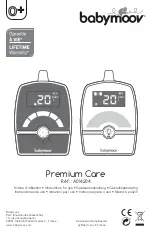
2.
Press the - and + buttons to move between the function icons. As you move from one icon to another, the function name is highlighted to reflect the
function or group of functions (sub-menus) represented by that icon. See the table below for a complete list of all the functions available for the monitor.
3.
Press the 'MENU' button once to activate the highlighted function. Press -/+ to select the desired parameter, press menu to enter the slidebar
then use the - and + buttons, according to the indicators on the menu, to make your changes.
4.
Press the 'Menu' button once to return to the main menu to select another function or press the 'Menu' button two or three times to exit from the OSD.
A
Function icons
B
Main Menu
C
Menu icon
D
Sub-Menu name
E
Resolution
Icon
Menu Name
and Sub-
menus
Description
EXIT
This is used to exit out of the Main Menu.
Positioning:
Horizontal
Vertical
'Positioning' moves the viewing area around on the monitor screen.
When making changes to either the
Horizontal
or
Vertical
settings, no changes will occur to the size of the viewing area; the image
will simply be shifted in response to your selection/change.
Minimum is '0' (-). Maximum is '100' (+).
Image
settings:
Auto Adjust
Even though your computer system can recognize your new flat panel monitor on startup, the 'Auto Adjustment' function will optimize
the display settings for use with your particular setup.
NOTE: In most cases, 'Auto Adjust' will produce the best image for your configuration; this function can be directly access via
Auto Adjustment
hotkey.
Pixel Clock
The
Phase
and
Pixel Clock
adjustments allow you to more closely adjust your monitor to your preference. These settings are
accessed through the main OSD menu, by selecting
Image Settings
.
Use the - and + buttons to adjust away interference. Minimum: 0 ~ Maximum: 100










































